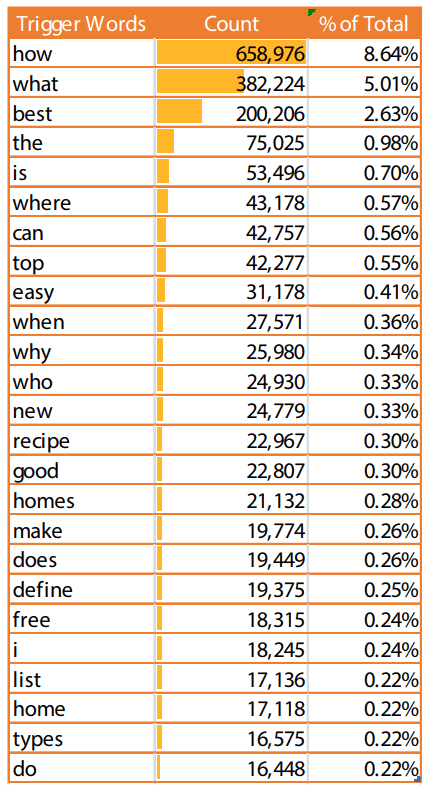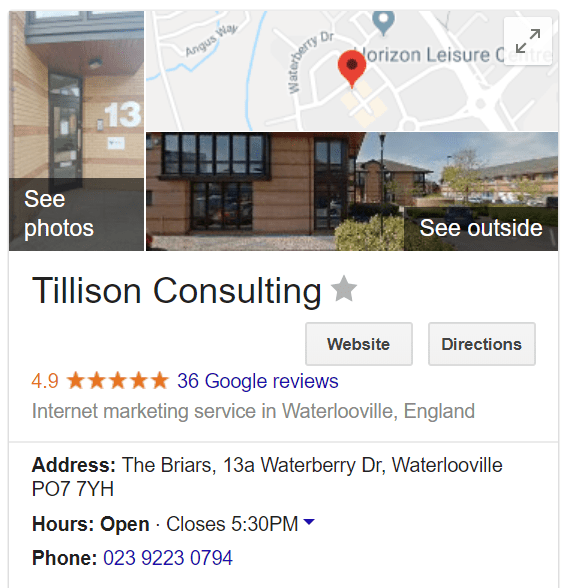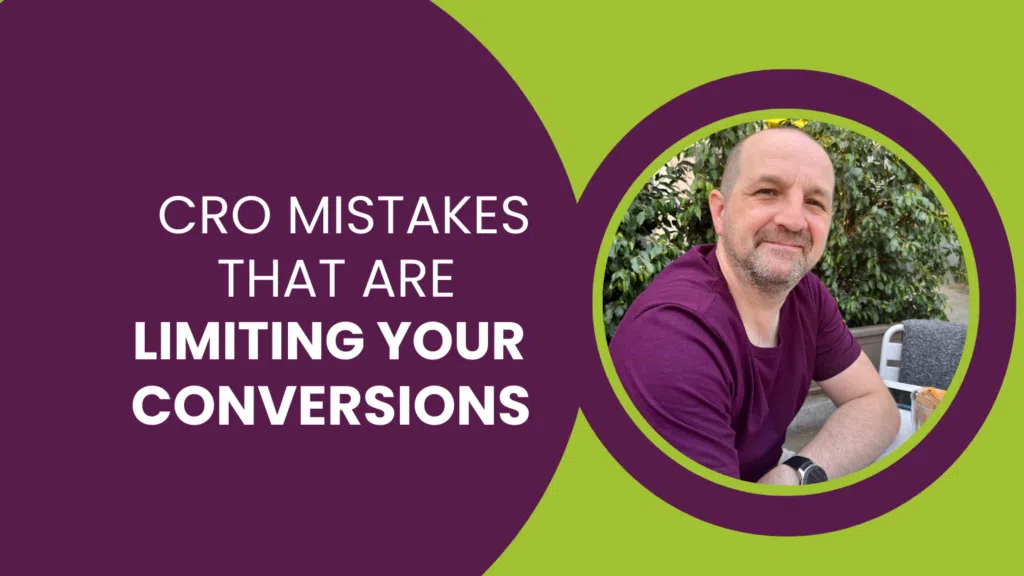Whether you think of it as a huge leap forward in home technology or an Orwellian invasion of your abode, the boom in voice technology is poised not only to dramatically change the consumer experience online, but to present the new challenge of voice search SEO.
[clickToTweet tweet=”Browserless commerce will only prove lucrative to those who prepare and integrate voice search SEO into their strategy. From local #SEO to long-tail keywords, here are five things you should consider when optimising your website for #VoiceSearch:” quote=”The boom in voice technology is poised not only to dramatically change the consumer experience online, but to present the new challenge of voice search SEO.”]
Global sales of smart speakers and voice assistants rocketed to 33.2 million units in 2017 – more than 16 million of these were shifted in the last quarter of the year – and predictions at the start of the year from Canalys estimated that global shipments will grow to 56.3 million in 2018.
That’s not where the favourable voice search statistics end: in the UK alone, 10% of households owned a smart speaker as of December 2017, but a report from OC&C Strategy Consultants found that this figure is set to leap to 48% by 2022, and that the amount of shopping done through voice-activated devices will rack up a spend of £3.5bn.
And now, in 2020 Google has reported that 20% of queries on its mobile app and Android devices are voice searches. According to Comscore 50% of all online searches will be voice based by 2020. Search Engine Watch has reported that mobile voice related searches are three times more likely to be local rather than generic or global queries and as per Activate, there will be around 21.4 million smart speakers in the US by 2020.
The browser-less commerce market has been opened up by the likes of Siri, Alexa, Cortana and Google Assistant will prove lucrative to eCommerce retailers, but only those who prepare and integrate voice search SEO into their strategy.
‘The browserless commerce market will prove lucrative to eCommerce retailers, but only those who prepare and integrate voice search SEO into their strategy’
Users are increasingly shifting towards voice search through tablets, phones and voice assistants like Google Home. Apple users rely on Siri, Google voice search is popular for Android users and Cortana assists users navigating desktops, smartphones, xbox and other Microsoft devices.
From local SEO to long-tail keywords, here are five things you should consider for your website when you optimise for voice search:
Compete for ‘position zero’
More businesses than ever are trying to figure out how to optimise their site to place at ‘position zero’, and therefore appear in one of Google’s featured snippets. The snippet – also known as Google’s Answer Box – offers a single answer to a consumer’s voice search query when they are using Google Assistant or the Google Home Device. In addition to reading the answer aloud, Google Home or Assistant will often cite the source of information by state the website’s name before sending a link to the consumer’s Google Home app.
A study from seoClarity discovered that more than 20% of featured snippets are triggered by keywords such as ‘how’, ‘what’ and ‘best’, so it is imperative for the purposes of voice search SEO to include these words somewhere on your site. The most obvious ways to do this are to curate content that answers queries with informational intent, such as a FAQs section, and to optimise your meta titles and descriptions to be informative but not all-inclusive – at the end of the day, you still want people to click through to your website.
If you can use these methods to pip your competition to position zero, it could result in an invaluable boost not only in your website’s traffic, but also in your brand awareness and authority.

Work on your voice search semantics
Voice search may seem like the ‘trendy’ thing after the sharp increase in smart speaker sales, but voice search SEO is something that businesses have been able to prepare for for a few years now. In 2013, Google’s algorithmic Hummingbird update started to consider voice search semantics, using a Natural Language Processing (NLP) model to accommodate variations in factors such as phonology and syntax.
As voice search will enable consumers to use more specific, long-tail keywords, it will also allow to them to search by using language that’s more relevant to them. The lines between how people type their queries (i.e. ‘supermarket opening times’) and how they speak them (‘what time does the supermarket close?’) are becoming more and more blurred, and as they do you need to ensure your content is written in a style that’s compatible with conversational search terms.
According to Neil Patel, voice search is ‘another step in the direction of improving the user experience with semantics […] As Google continues improving its algorithm, we can expect the user experience to become more intuitive and smooth’.Learn SEO with a Pro
Improve your local SEO profile and website speed

Following the advent of mobile search, Think with Google found that 88% of all ‘near me’ searches are done on mobile. Voice searches will likely follow suit in favouring local results – according to seoClarity, as much as 22% of voice searches comprise enquiries about ‘local information such as directions, restaurants, shopping, local services, weather, local events, traffic etc’ – so it’s important to make sure that your SEO strategy is regionally-oriented at least in part, if not completely.
A free and easy voice search optimisation method, which could also boost your local SEO profile, is to claim your Google My Business listing. Although it doesn’t guarantee you will appear in Google search results, keeping your listing up-to-date ups your chances of appearing prominently for relevant local searches.
‘The lines between how people type their queries and how they speak them are becoming more and more blurred’
Improve Your Website’s Speed
This step may not be related to voice search; however, it is quite important. This is because the search engines prefer websites that load quickly.
For instance, if we took two similar websites and compared them, the one that loads faster will be higher on the search results list. So, irrespective of the type of search, the speed in which the page loads is very important.
Optimising a website loading speed is very important with mobile voice search users looking for the quickest results whilst on the go and if your website isn’t ranking well on mobile search due to speed issues, then it is likely to affect your voice search opportunities.
Few steps to ensure your website speed is optimised:
- Compress images
- Enable caching
- Avoid multiple page redirects
- Reduce JavaScript implementation time
- Defer unused CSS
- Pre-load key requests
- Enable text compression
You can run this quick test and analyse your website speed.
Build up your product reviews
Reviews are already important to the wider exposure of your products and services – a study from Podium claims that 93% of customers are influenced by online reviews in their buying decisions– but in browserless commerce they’re about to become all the more vital. When twinned with informative content such as Q&A-based articles and ‘how to’ guides, positive product reviews will boost your site’s credibility and push it to the front of the line to answer the consumer’s ‘micro-moment’: an enquiry which demands a concise, on-the-spot answer.
On the flipside, a recent white paper from Bronto argues that consumers who are shopping for more than convenience and practicality ‘are not going to trust a voice assistant to find – and order – the best reviewed toaster oven under GBP 50 that doesn’t clash with their new quartz countertop’.
‘Reviews are already important to the wider exposure of your products and services, but in browserless commerce they’re about to become all the more vital’
Browser-less commerce is not the end of visual search
If you rely on visual references for the products in your eCommerce store, the prospect of browser-less commerce may seem daunting. However, if tech market predictions are accurate, it shouldn’t be that much of a concern thanks to the rising popularity of screen-enabled smart speakers.
The re-introduction of visuals through products such as Amazon’s Echo Spot and Echo Show – not to mention the possibilities of a consumer syncing a TV to their device and using voice commands to view something on a larger screen – may convert some of the voice search sceptics, such as the 61% of non-voice assistant users in America who are ‘just not interested’ in such technology, according to a survey from Pew Research Center.
Our SEO Specialist, Jackie Wakefield, says: ‘Should your abandon your current SEO strategy in favour of a voice search SEO strategy? No, but you should build on the traditional strategy targeting voice queries. Continue to optimise landing and sales pages for high volume, relevant traffic terms, but add to that a strong content strategy that allows articles to be optimised for longer-tail, conversational terms, and includes content that provides instant answer results.’
Are you ready for voice search SEO? Do you have any concerns about optimising your site? Let us know in the comments or click below to speak with one of our specialists.








2 Responses
Amazing piece of content really helped me a lot. thank’s for sharing.
Absolutely well-written and wonderful Blog post, I have discovered your article and must say that you have provided excellent information about voice search optimization. The entire guide is fantastic. This blog article has taught me a lot of things. Thank you very much for all of your hard work. Keep putting forth material like this.